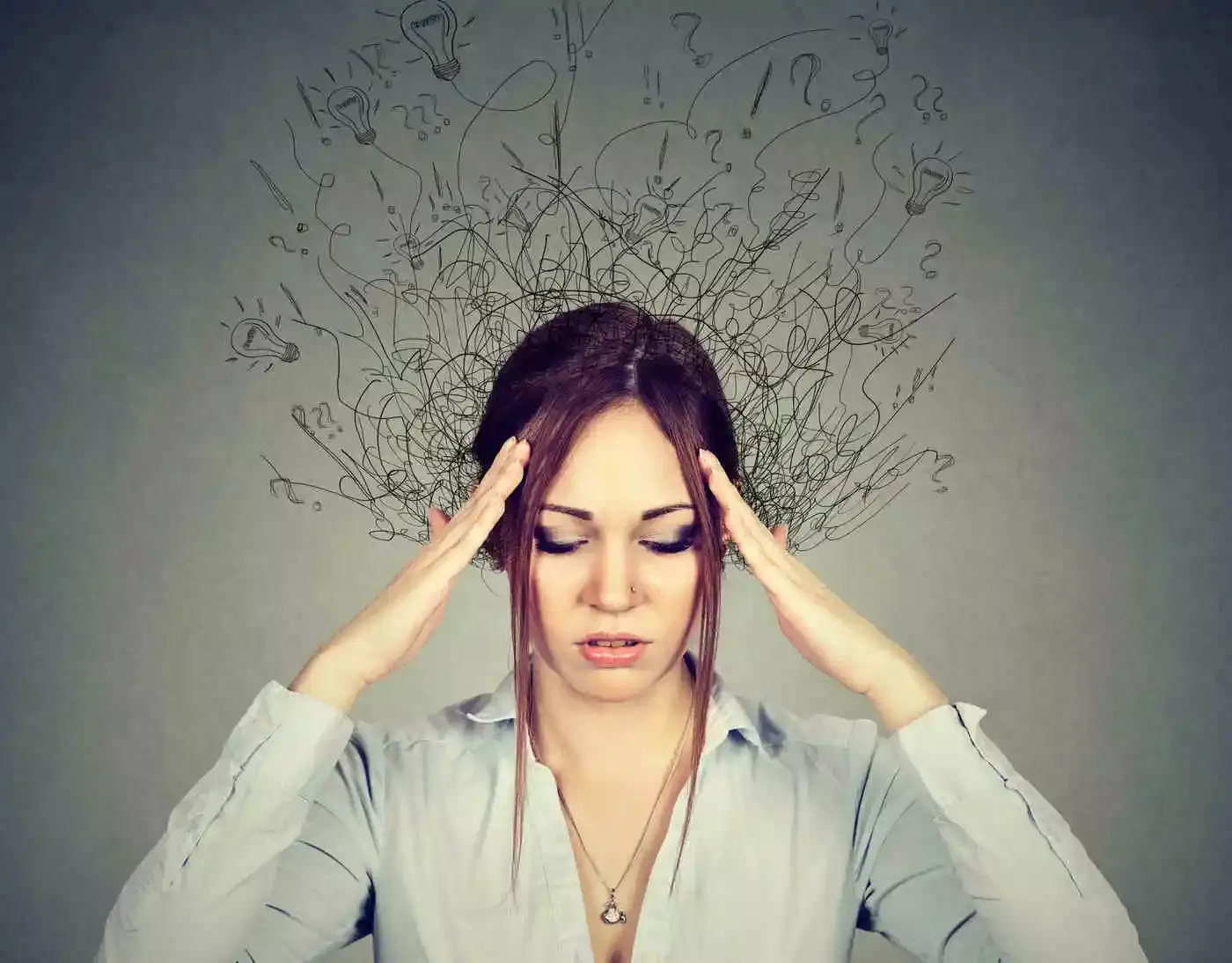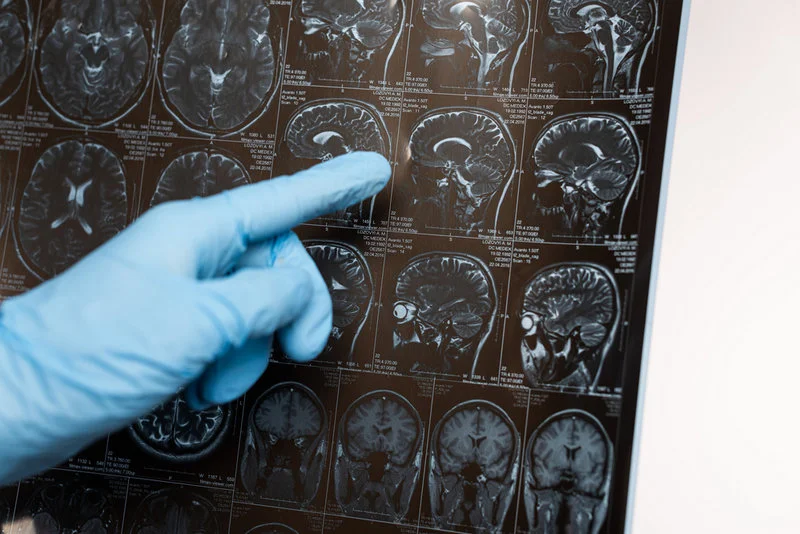Transcranial magnetic stimulation (TMS) is a non-invasive technique that targets specific areas of the brain and improves different cognitive symptoms or functions. Today, there is growing interest in TMS for mental health as a non-invasive therapeutic intervention for various psychiatric disorders. As such, there is a need for a comprehensive understanding of the mechanisms and applications behind transcranial magnetic stimulation.

What is TMS in mental health?
TMS in mental health refers to a non-invasive process that uses coils placed over the head with subsequent magnetic controls that send pulses into the brain.
TMS mental health treatment has been proven effective for over 15 years. It is FDA-approved and accepted by several insurance providers for the treatment of a wide range of conditions, including:
- Depression
- Poor cognitive function
- Anxiety
- OCD
- Substance abuse
- Parkinson’s disease
- Alzheimer’s disease
- Personality disorders
- Bipolar disorder
It works quickly and effectively with next to no side effects.
-Mechanisms of TMS in Mental Health
TMS for mental health has received a great deal of attention because it’s an effective treatment that doesn’t require medication. This breakthrough technology can help treat mental health conditions or neurological conditions without any surgical procedures or side effects from pharmacological treatment.
So, what’s the mechanism of action behind TMS?
Your natural brain plasticity.
During a session you’ll have an electromagnetic coil placed against your scalp. This is connected to a machine that delivers a painless electromagnetic pulse to stimulate nerve cells in your brain.
These pulses can be changed in terms of their depth, intensity, and location, which means they can specifically reach areas of the brain responsible for depression and mood if that is your primary struggle or areas associated with ADHD symptoms, OCD symptoms, or other symptoms.
During a session, the magnetic pulses help activate areas of the brain that struggle with decreased activation, and it’s that decreased activation that leads to depression. As such, stimulating that area and improving activation can reverse symptoms of depression or similar mood related disorders or cognitive malfunction.
-Therapeutic Applications of TMS in Mental Health
There is a great deal of therapeutic application for TMS as it relates to several mental health conditions. TMS has been cleared for treating things like OCD by the FDA since 2018. It is also used to treat anxiety, depression, addiction, and more.
Depression
Literature reviews have examined TMS major depressive disorder treatment, confirming that in around one-quarter to one-third of cases, patients enjoy complete remission, but in almost all of them, patients see a decrease in symptoms.
TMS was approved by the FDA in 2008 for depression, with several devices approved for treatment, stimulating areas like the:
- Subgenual anterior cingulate cortex
- Left dorsolateral prefrontal cortex
Anxiety
Several studies have confirmed that TMS can help with various anxiety disorders and can improve the efficacy of other treatment modalities as well, like therapy.
Eating Disorders
Research has found that TMS can be used for eating disorders, targeting areas like:
- Dorsolateral prefrontal cortex
- Anterior cingulate cortex
- Ventral limbic network
- Dorsal cognitive frontostriatal neural networks
ADD/ADHD
TMS has been shown effective in managing ADD and ADHD symptoms, reaching areas that need changes to motor inhibition and hyperactivity. TMS targets the following:
- Right prefrontal cortex
- Dorsolateral prefrontal cortex
MS
Literature has found that TMS for MS offers great short-term promise, optimizing functional brain activity through demyelinated corticospinal pathways, by targeting different regions of the brain.
Stroke
Other evidence has been found that TMS is effective in helping with movement-dependent stroke recovery in many patients. TMS can also help improve motor cortex function by stimulating the following:
- Interhemispheric interaction
- Intracortical function
- Cortical motor excitability

-Clinical Considerations and Guidelines for TMS
If you are considering Mental Health TMS you can rest assured that the procedures themselves are no more than 20 or 30 minutes per session and you can book several sessions in a week, having one every day of the week if you so choose.
It’s important that you discuss your schedule with your healthcare provider and a qualified TMS provider so that you can monitor the efficacy of your treatment program, especially if you are already receiving other forms of care for a pre-existing condition.
Tangentially, it’s imperative that you do not stop taking any other medication or going to other therapy while you are using TMS. The decision to no longer use medication or attend therapy is something that you need to discuss with your healthcare team based on the outcome of TMS for mental health.
-Efficacy of TMS in Depression Treatment
TMS has been approved by the FDA as a form of treatment for depression because of its efficacy. It can stimulate deeper regions of the brain that may have atrophied or where neurons are not firing correctly and encourage blood flow to underactive areas that influence mood.
It is particularly effective in treating treatment-resistant depression where pharmacological interventions are insufficient.
Integrating TMS into Comprehensive Mental Health Care
As mentioned, mental health TMS is something that can be an effective form of care for several mental health disorders as well as overall cognitive performance. That said, it’s not a standalone treatment.
The treatment will capitalize on your brain plasticity, which means it can make significant improvements in deeper regions of the brain that things like medication simply can’t access. However, the brain is plastic, and that means it will not only change as a result of transcranial magnetic stimulation, but the underlying issue will eventually come back within an average of one year.
To that end, if you plan to use TMS in mental health treatment, it’s important that you consider scheduling regular appointments every year or however frequently your symptoms return. This is a very effective and safe form of treatment for mental health, especially things like treatment-resistant depression, but you’ll still need to use it somewhat regularly.
That said, even the regularity of an annual or biannual set of sessions means you don’t have to change your daily schedule, there are no side effects or risks, you can go back to your routine and drive yourself to each of your appointments, and you don’t have to worry about any invasive procedures or harmful side effects from medication.
Summing Up
There is transformative potential in transcranial magnetic stimulation particularly with regard to promoting mental wellness. Don’t be afraid to explore TMS mental health treatments as a promising therapeutic modality especially if you are trying to address mental health challenges or improve your overall quality of life.
